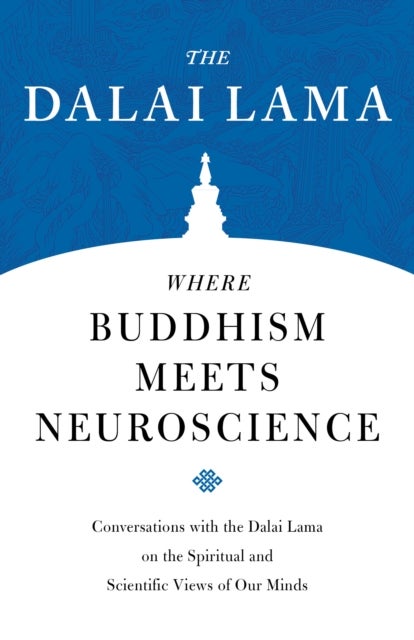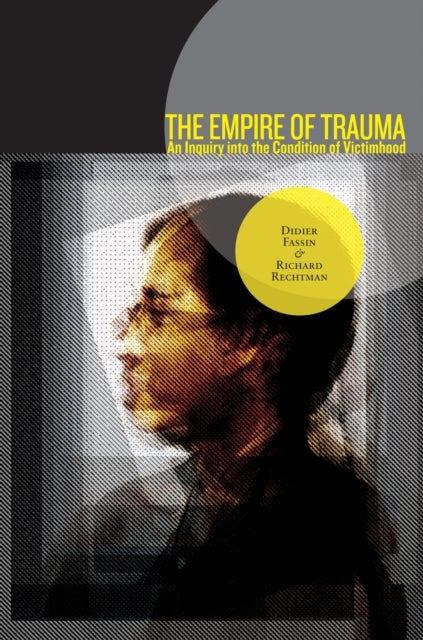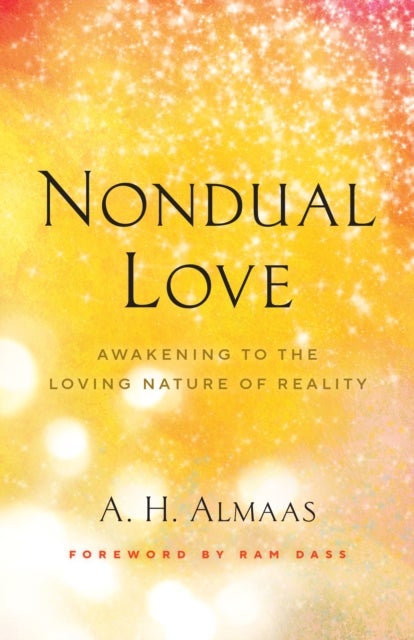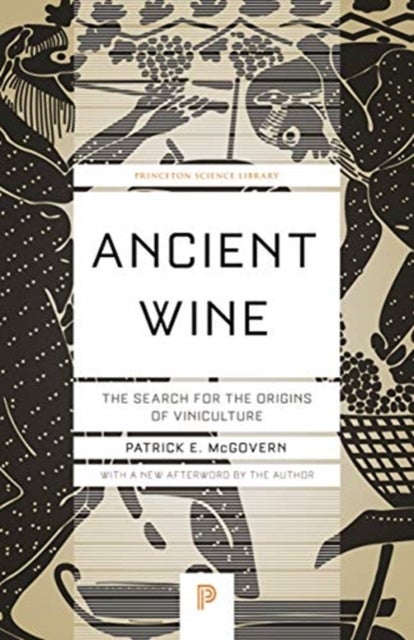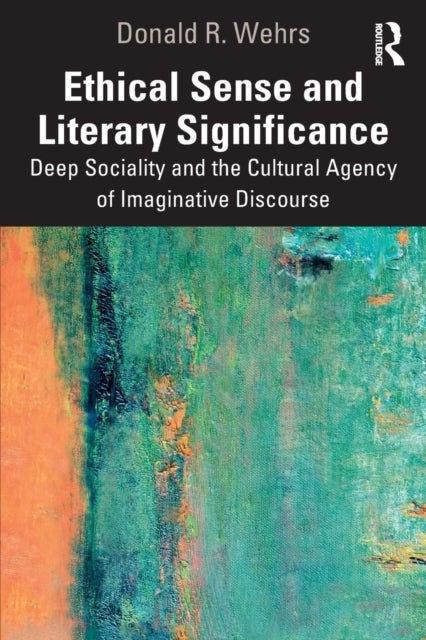
Ethical Sense and Literary Significance av Donald R. Wehrs
479,-
<P>This study blends together ethical philosophy, neurocognitive-evolutionary studies, and literary theory to explore how imaginative discourse addresses a distinctively human deep sociality, and by doing so helps shape cultural and literary history. Deep sociality, arising from an improbable evolutionary history, both entwines and leaves non-reconciled what is felt to be significant <I>for us</I> and what ethical sense seems to call<I> us</I> to acknowledge as significant, independent of ourselves.</P><I><P>Ethical Sense and Literary Significance</I> connects literary and cultural history without reducing the literary to a mere expression of something else. It argues that affective differences between non-egocentric and egocentric registers of significance are integral to the bioculturally evolved deep sociality that verbal art addresses¿often in unsettling and socially critical ways. Much imaginative discourse, in early societies as well as recent ones, brings ethical sense and liter

